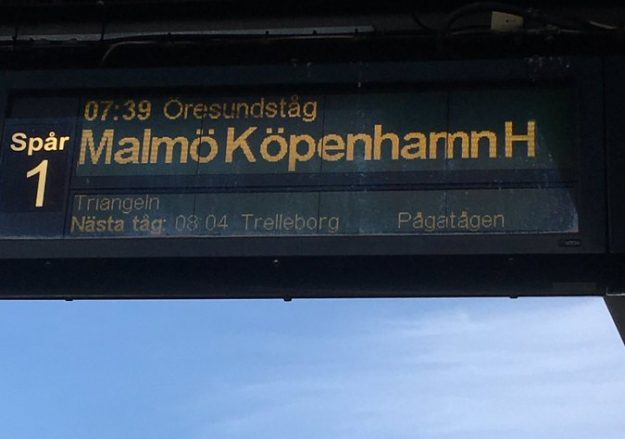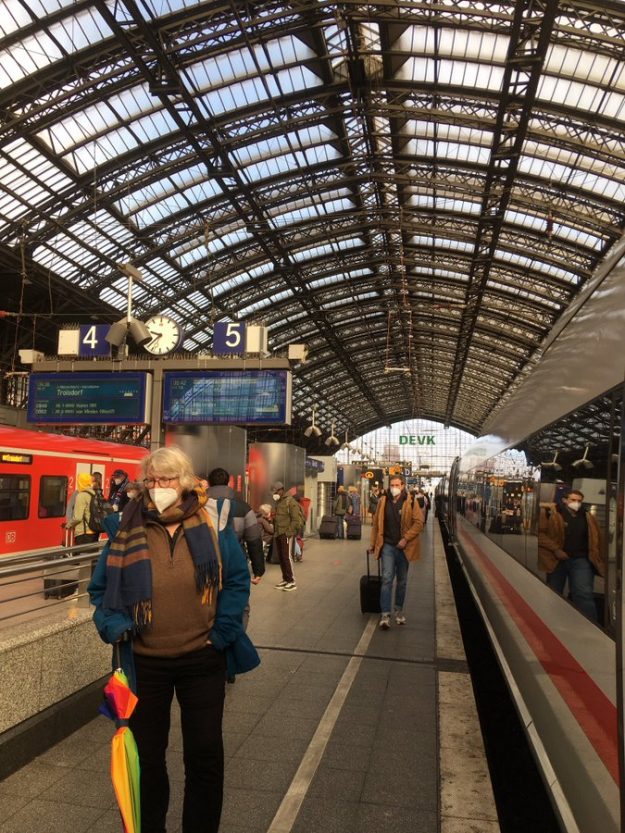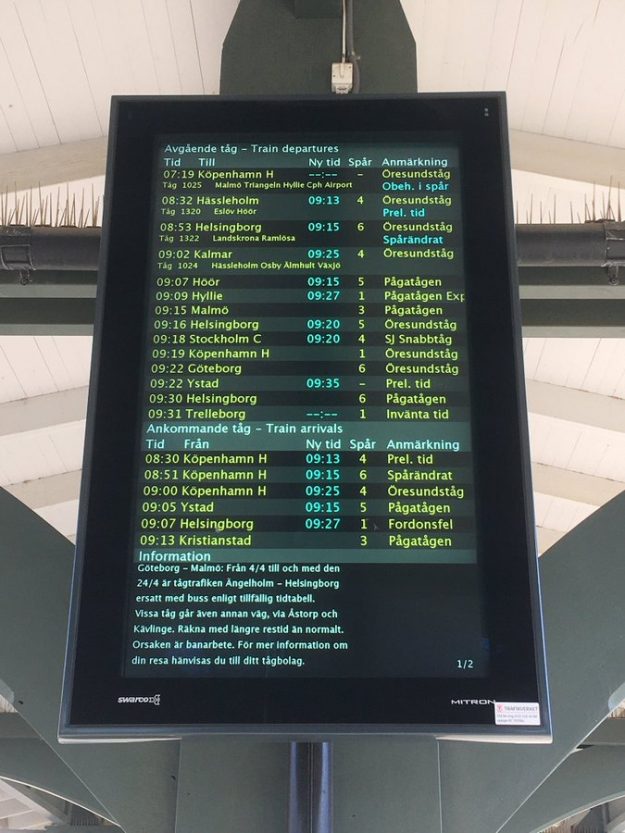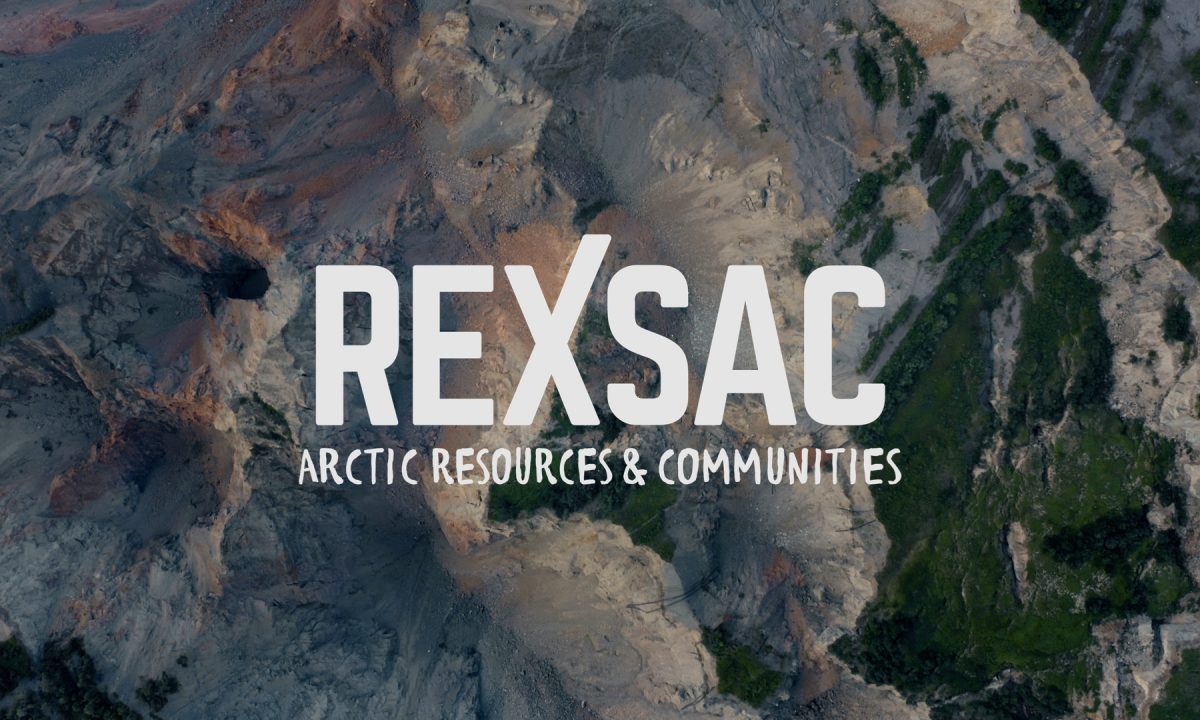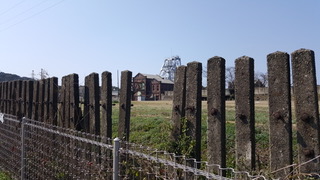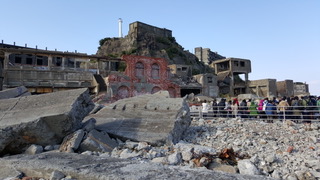Division researcher Katarina Larsen has published a new article together with her co-authors Hampus Berg Mårtensson and Mattias Höjer, both from the Department of Sustainable Development, Environmental Science and Engineering (SEED) at KTH Royal Institute of Technology. The text with the title “Investigating potential effects of mobility and accessibility services using the avoid-shift-improve framework” is published in Sustainable Cities and Society, Volume 96. It is already available online, and will be published in a physical format in September this year.
Abstract
Mobility services and accessibility services could contribute to reduced car-dependency and a more sustainable transport system. However, uncertainty remains regarding what the effects will be and further research is needed.
In this paper we examine potential effects on passenger car-travel in an urban context. To do so, we actuate the Avoid-Shift-Improve (ASI) framework using a System Dynamics approach and develop thematic Causal Loop Diagrams. We draw on the findings from a literature study and workshops engaging actors involved in creating visions and planning for the future of mobility and accessibility services in Stockholm, Sweden. The effects discovered are categorized as direct, enabling and structural/systemic, using a retrofitted version of the Three-Levels Model.
Contributions include the mapping of mechanisms through which the services can have positive and negative effects in relation to ASI, demonstrating a high degree of interconnectedness. This includes potential synergetic and competitive relations between the services. In addition, the approach gives insight to potential cumulative impact of the services, relatable to Mobility as a Service, including ‘user near’ effects regarding, e.g., commuting and leisure travel, as well as systemic and structural level effects. A discussion is conducted on the implications for actors and policy-makers.
Keywords
Mobility service; Accessibility service; Mobility as a service; Sustainable urban mobility; Avoid-shift-improve; Car travel; Climate change; Environmental sustainability; System dynamics; Three-levels model of effects

